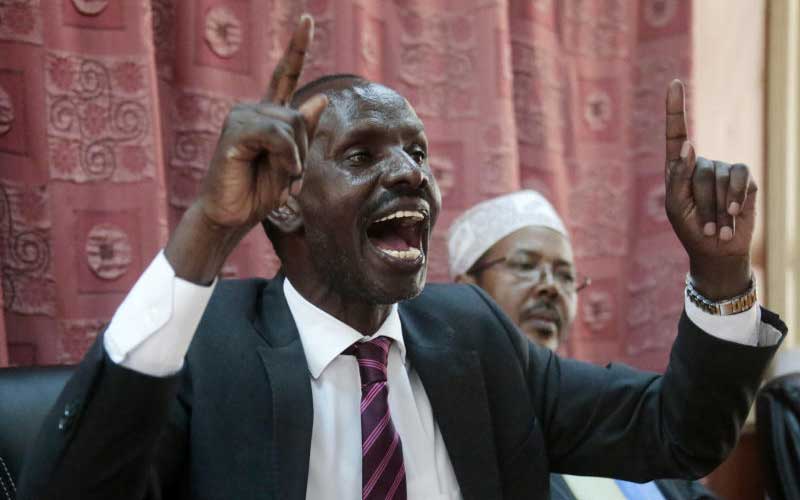×
The Standard e-Paper
Join Thousands Daily

I applaud The Standard for publishing an opinion piece by Kenya National Union of Teachers (Knut) Secretary General Wilson Sossion (pictured) on March 9, 2020 on the mass transfer of teachers from the North Eastern region.